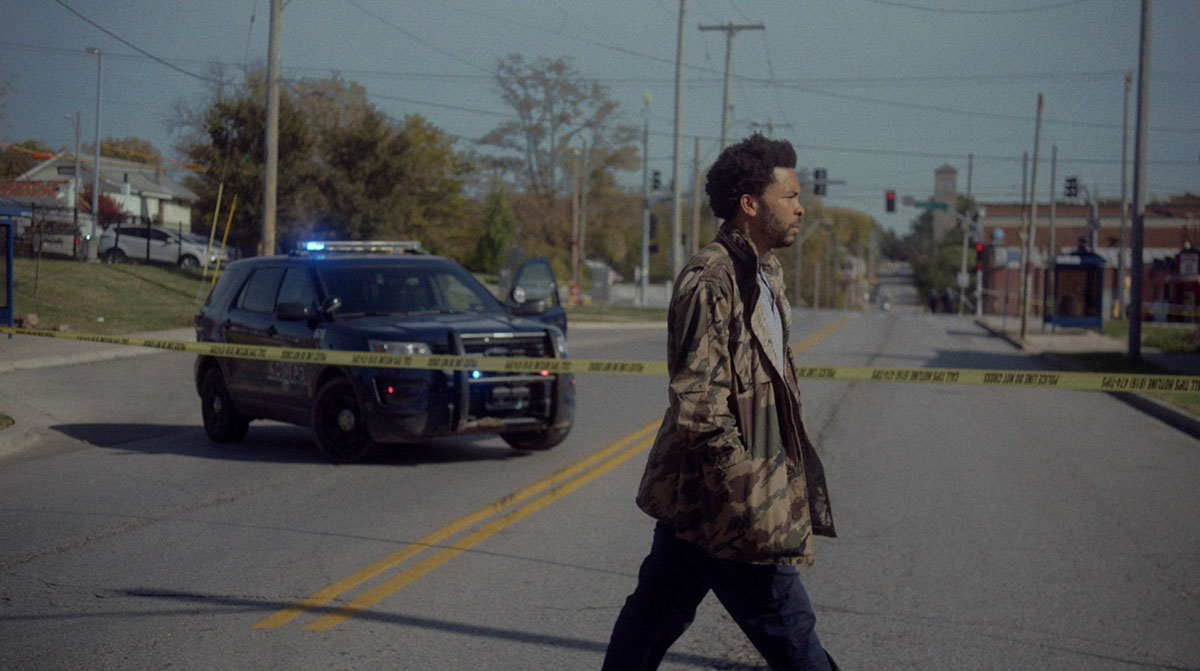
Local film festivals have taken some of the biggest hits during the pandemic and it’s among the many reasons that returning to the historic Castro Theater and hearing “welcome back to the movies” was so emotional for many of us in the audience. The 65th SFFILM Festival, or San Francisco International Film Festival, has endured more than most since it began in 1957, making it now the longest continuous film festival in the Americas. Their return to an in-person format, with extensive COVID protections, set a hopeful tone for the future of independent film in the Bay Area and beyond.
Contributing to that hope was its vibrant and diverse documentary program, which included festival favorites from Sundance and SXSW, as well as several world premieres. The festival also paid tribute to documentary veteran and University of California Berkeley professor Trinh T. Minh-ha with the Persistence of Vision Award, followed by the North American premiere of her latest film, What About China?
Of many of the films screened, it was the brave new voices that stole the show at the festival. New and first-time directors captured the hearts of audiences and took home the festival’s highest awards.
Among them was I Didn’t See You There, which felt personal as it screened for the first time publicly in the Bay Area. Reid Davenport’s Sundance-touring debut feature documentary, which takes place mostly in Oakland, is an enthralling, vérité portrait of his everyday life as a person with a disability and a wheelchair user. I Didn’t See You There doesn’t hold anything back as it forces viewers to experience the harsh realities of unwelcoming and uncomfortable environments not built for people living with disabilities. The film won the McBaine Bay Area Documentary Feature Award.

Trauma and Healing
From COVID to politics, a societal focus on healing seems to have taken hold in the US and beyond. This was reflected in some of the films most celebrated at this year’s festival, which all took a hard look at trauma and what healing really looks like, beyond a buzz word used by those in power.
Festival favorite Jeannette explored this through the experiences of Jeannette Feliciano, a queer Puerto Rican competitive bodybuilder and survivor of the 2016 Pulse nightclub shooting in Orlando, Florida. Maris Curran’s film could have easily been just about Pulse, but Jeannette stood out for its sensitive depiction of how the trauma of gun violence weaves through people’s lives and the long and important road to healing. The film, which had its world premiere at the festival, won the Audience Award for Documentary Feature.
Another film about trauma, Rosa Ruth Boesten’s Master of Light earned the festival’s highest documentary honor, the McBaine Documentary Feature Award. The film is a moving portrait of formerly incarcerated artist George Morton, who embraces classical style painting to explore his past, and his relationship to his family. There is something deeply moving about Morton’s approach to art, as viewers watch him take something traditional, that feels so distant to many, and use it to process problems that feel current—like systemic racism and intergenerational trauma.

Women Leaders in Focus
Easily one of the most interesting documentaries at the festival was Akuol de Mabior’s No Simple Way Home. Rarely, if ever, do audiences get such access to witness how a young country and its people find their identity. In the case of No Simple Way Home, it was South Sudan, which gained its independence in 2011.
The uniqueness of this film lies in the proximity and perspective of the filmmaker. Akuol de Mabior lives the film’s story as the daughter of John Garang de Mabior, who was a revolutionary and the country’s first vice president, and the film’s main star, Rebecca Nyandeng de Mabior, also known as “The Mother of South Sudan.” Through Akuol’s own process of figuring out what being South Sudanese means to her, she gifts us an intimate window into the power of generations of women leaders who both provided the foundation for, and represent the future of an emerging nation.
Snow Hnin Ei Hlaing’s Midwives also emerged as an impressive and masterful portrayal of women leaders, this time in western Myanmar. In a country where the Rohingya people, a Muslim minority group, are persecuted and denied basic rights, Midwives offers a story of unity. The documentary follows two midwives, one Buddhist and one Muslim, who provide critical medical services to their community. The director’s extraordinary access and care (as someone who grew up in the region) provides an empathetic look at a region that is often misunderstood by Western media.
Hansen Bursic is the Digital Communications Coordinator at IDA. He is also a filmmaker and freelance writer with bylines in CinéSPEAK and QBurgh.














